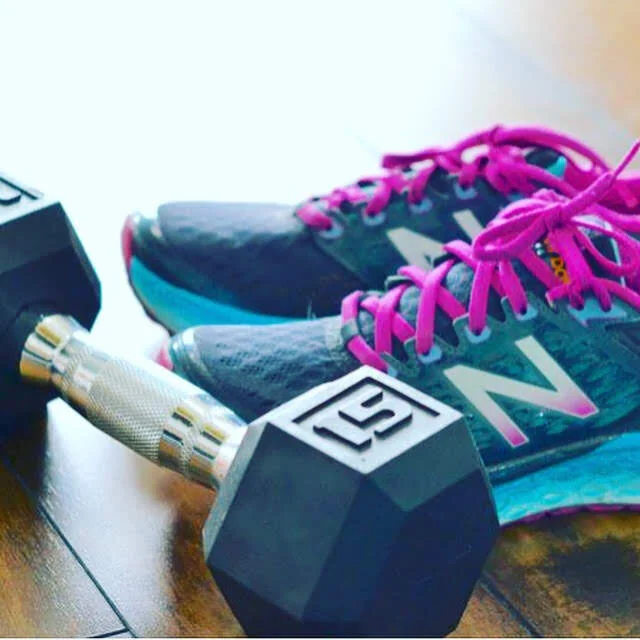I recently found myself scrolling through yet another inbox full of pitches. You know the ones - "Get 100 new clients in 30 days!" or "Scale to 10K months with our lead generator!" Sound familiar? Here's what I've learned after years in the wellness industry: you absolutely cannot buy your way to lasting success. There's a world of difference between writing a check and hoping that solves all your problems, versus putting in the deep, committed work yourself alongside that investment. True progress requires patience and resilience, whether we're talking about personal wellness or creating healthier company cultures.
10 Lessons Learned in 10 Years as a Personal Trainer and Coach
This July marks my 10-year anniversary as a personal trainer. Coaching and blogging have grown side by side since the beginning. Writing helped me figure out what I believed. Coaching helped me live it. Both gave me a front-row seat to how people grow and what creates lasting change.
In this post, I’m sharing 10 of the biggest lessons I’ve learned over the past decade, lessons that go beyond workouts and meal plans, and into the real skills, mindset shifts, and habits that lead to long-term progress.
Unlock Your Running Potential: The STRONG Framework Every Runner Needs
Running is more than just putting one foot in front of the other. You need a well-rounded approach that goes beyond the miles to perform at your best, avoid injury, and enjoy the process. That's where my newly established S-T-R-O-N-G framework comes in. I created a system to help runners of all levels build strength, resilience, and consistency. Here, I'll break it down with concrete examples you can apply—and why even experienced runners sometimes need outside guidance and support.
S is for Strength Training
T is for Targeted Recovery
R is for Running Smart
O is for Optimized Nutrition
N is for New Mindset
G is for Growth Focused Plans
10 Fitness and Health Myths to Leave Behind for Your Best Results
A Case For Processed Foods In Your Diet: What Healthy People Sometimes Get Wrong
In this blog post, learn why not all processed foods deserve the bad reputation they often get. We'll explore the spectrum of processed foods, from highly nutritious options like frozen vegetables and canned beans to more indulgent choices, and uncover what people often get wrong about them. You'll discover how to make smarter choices, simplify meal prep, and embrace balance in your diet without unnecessary stress.


